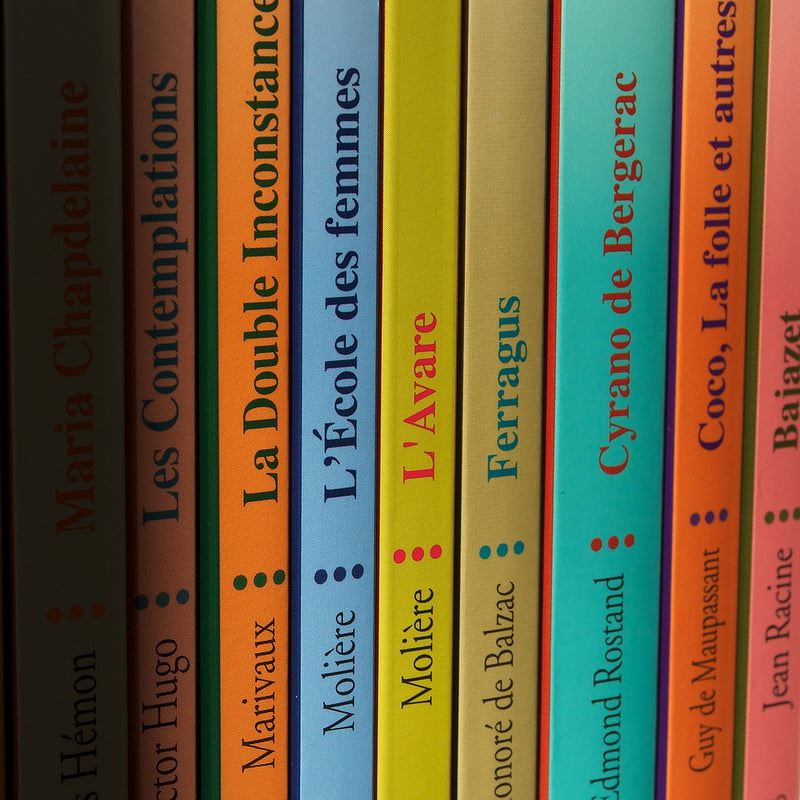French literature sans translation
Some people learn languages in order to communicate verbally with the people around them. Some people learn languages to understand what is going on in the country they are currently in. Some people learn just for fun. Then there are people who love learning languages so that they can read the literature.
You cannot beat a good book in its original language. Reading a novel in its original version permits one to truly understand what the author wanted to get across. Many things (words, phrases, ideas) can get lost in translation, especially if the translator has not been completely immersed in both languages being used. Take the following translations for example:
Being multilingual is a huge advantage when it comes to reading, especially the classics, and every country has its classics. One of France’s classic authors is Alexandre Dumas. Even in the States we grow up hearing about his great works.
I read ‘Les Trois Mousquetaires’ by Dumas a couple of years back, but in English. Now that my French has improved a lot and I have plenty of free time on my hands, I decided to attempt a Dumas novel in its original romantic language.
I jumped right in with ‘Le Comte de Monte Cristo’ and I am definitely not disappointed. Besides being really proud of myself because I inhale the contents at almost the same speed as when I read a book in English, the writing is beautiful and I doubt that I would get the same feeling if I tried to read the translated version.
I had seen the movie (in English of course) and found it really interesting but the book is ten times better (as usual). There are so many details that are left out of the movie, so many little twists and turns that make me want to keep reading for days.
I know that before I became interested in languages I probably would not have even cared whether a book was in its original language or translated. But now that I speak two languages fluently, I understand the advantages.
It just feels so much more natural reading ‘Le Comte de Monte Cristo’ in French when all of the events take place in France. In addition to the setting, there are cultural and societal aspects of France that are easier to understand in their original language.
I think that translations are great for people who don’t have the time or don’t want to make the effort to learn another language, and some translations can be really well done.
It would be a pity to miss out on such wonderful and diverse literature if translations didn’t exist. However, I think it is always better and more practical to go back to the source and read anything possible in its original language.
Now that I have tackled the mission of reading a classic in its original French, I suppose it’s time for me to start learning Russian so that I reach my next goal: reading Fyodor Dostoyevsky’s ‘Crime and Punishment’ in its original language.
Image credits:
2. Beware, prickles, by sandcastlematt on Flickr
3. Bad English translation signs, on Amazing Data
4. Le comte de Monte-Christo I par Alexandre Dumas, on Fnac.com
5. French literature, by Maki Aoyama on Flickr










